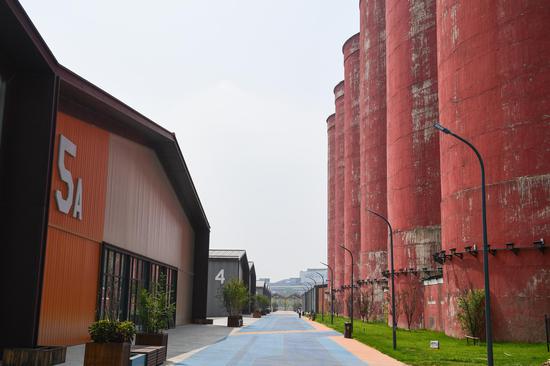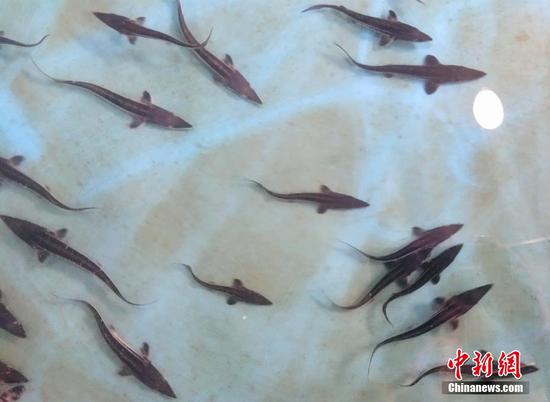Chinese scientists have mapped out the structure of a protein that regulates plant growth, a discovery that could be potentially used in the future to improve crop yield.
Plants, which do not typically move, can release a hormone called auxin to promote growth and regulate movements such as sunflowers following the sun. However, the hormone's transport mechanism remains largely unknown.
Researchers from the University of Science and Technology of China revealed the high-definition structure of PIN1, a key auxin transporting protein, in Arabidopsis thaliana, a model for understanding the molecular biology of plant traits.
The researchers developed a tiny antibody that can target the protein accurately and then used cutting-edge cryo-electron microscopy to take a picture of its three-dimensional structure.
The PIN-family proteins play a pivotal role in rendering a specific "direction" to plant growth as these proteins tend to be unevenly distributed in the plasma membranes, thus determining where the auxin will go, according to the study published in the journal Nature on Tuesday.
The researchers said that they are looking forward to designing small-molecule inhibitors on the basis of the protein structure in the future, and develop them into safer, more effective herbicides or plant growth regulating agents.


















































 京公网安备 11010202009201号
京公网安备 11010202009201号